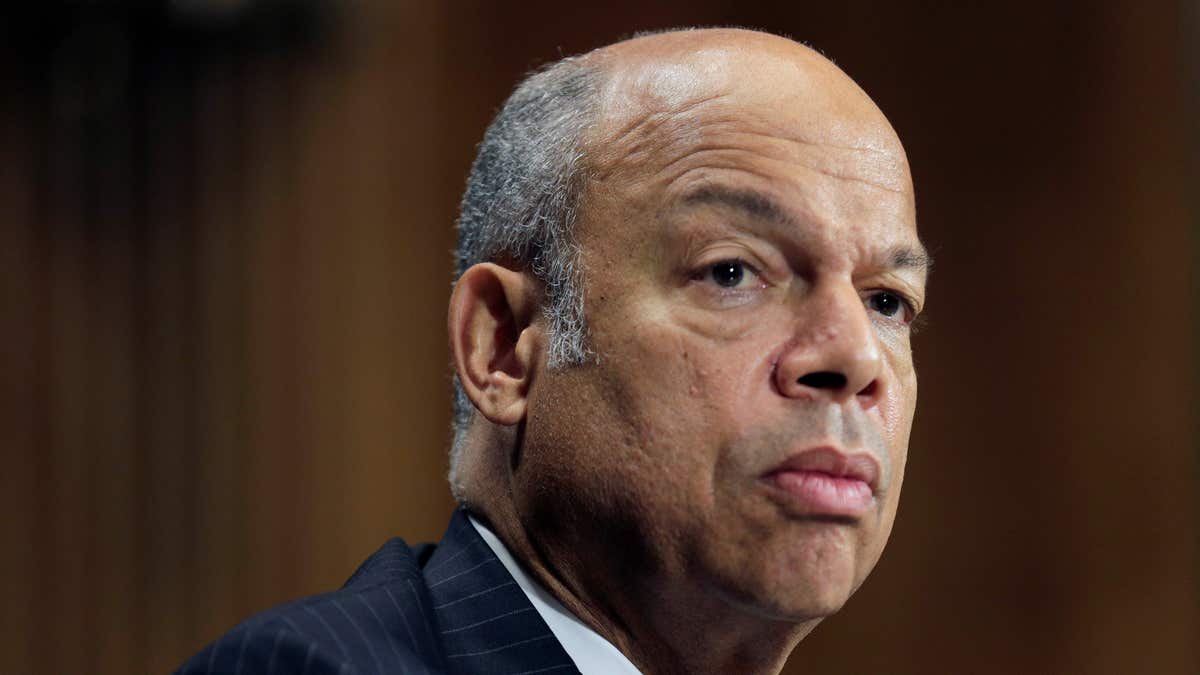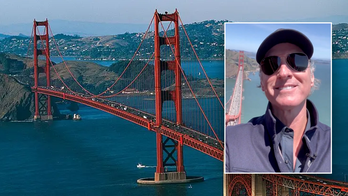
June 30, 2016: Homeland Security Secretary Jeh Johnson testifies before a Senate Judiciary Committee hearing on "Oversight of the Department of Homeland Security" in Washington. (Reuters)
Department of Homeland Security Secretary Jeh Johnson said the threat of “lone wolf” terror attacks has become his biggest fear, saying self-radicalized militants are much more difficult for law enforcement and intelligence agencies to detect.
Mr. Johnson, speaking at the Aspen Security Forum, said U.S. and foreign counterterrorism officials have had to adjust to the prevalence of “small scale attacks in increasing frequency,” both in the U.S. and Europe.
He specifically mentioned the December terror attack in San Bernardino, Calif., when a husband-and-wife team killed 14 people at a holiday party, and the mass shooting at an Orlando nightclub last month that killed nearly 50 people.
Asked what threat kept him up at night, Mr. Johnson said “the next Orlando, San Bernardino-type attack by someone who has radicalized in secret. I believe that we’re going to be at this for a while addressing this type of event. In homeland security you have to look at all threats, all hazards. Some are high impact but low probability. Others are higher probability, and so we have to prioritize in this way.”
After the Sept. 11, 2001 terror attacks in the U.S., counterterrorism officials and law enforcement shifted their strategy to work and prevent another large-scale attack. But the emergence of Islamic State has brought additional challenges for counterterrorism officials, as the group has been able to both direct large-scale terror plots as well as inspire people around the world to commit individual attacks.
“That makes for a much more complicated threat environment,” he said.




